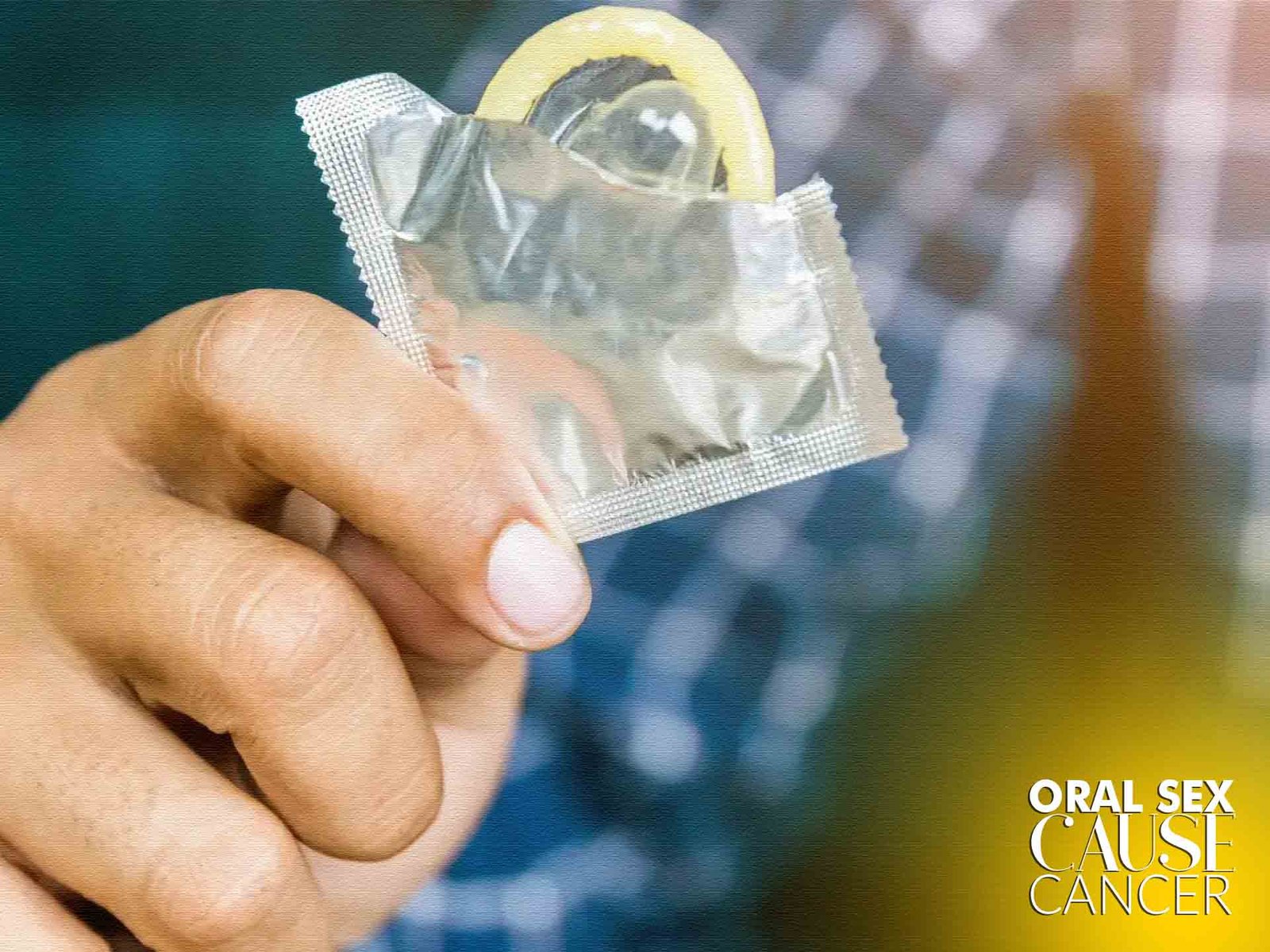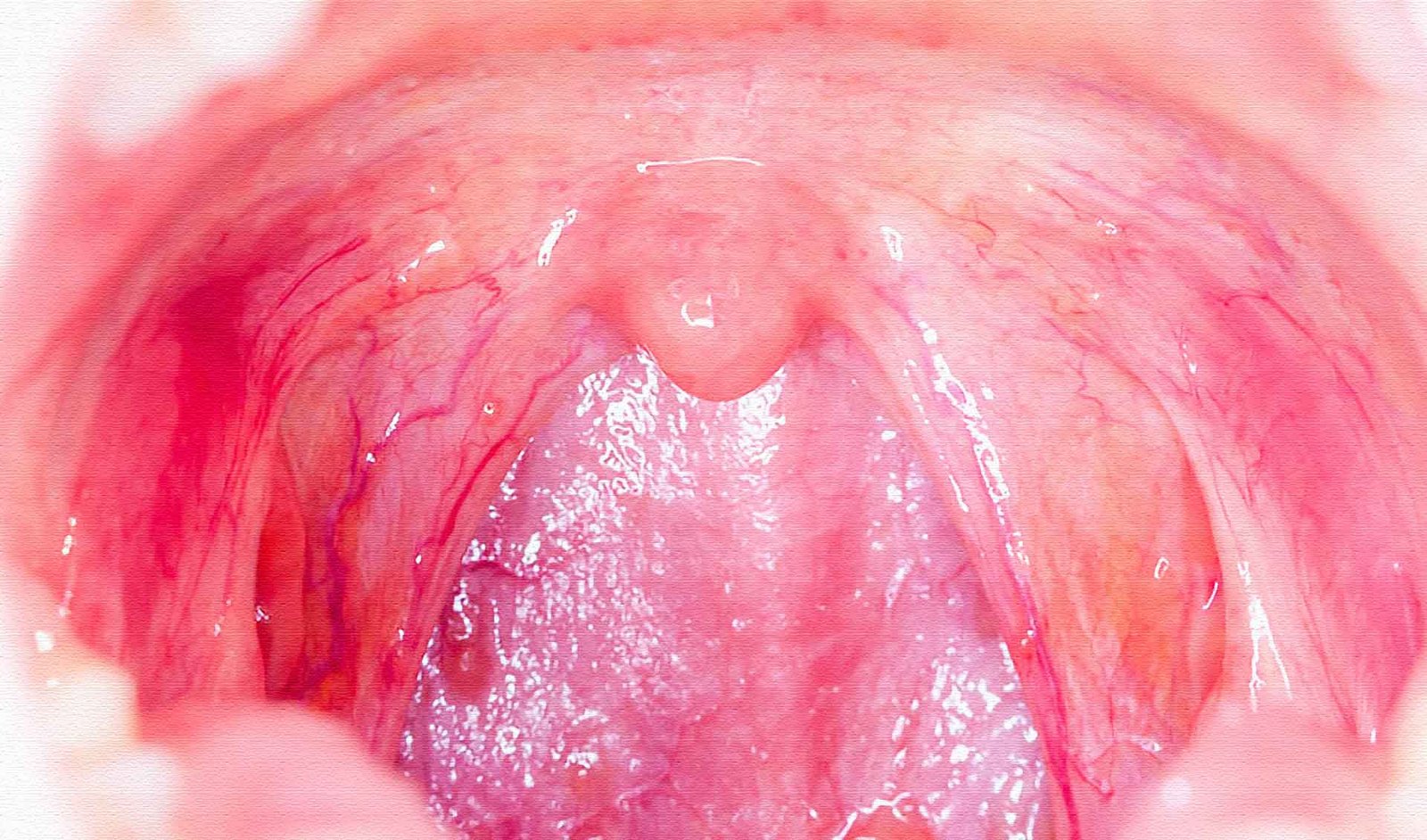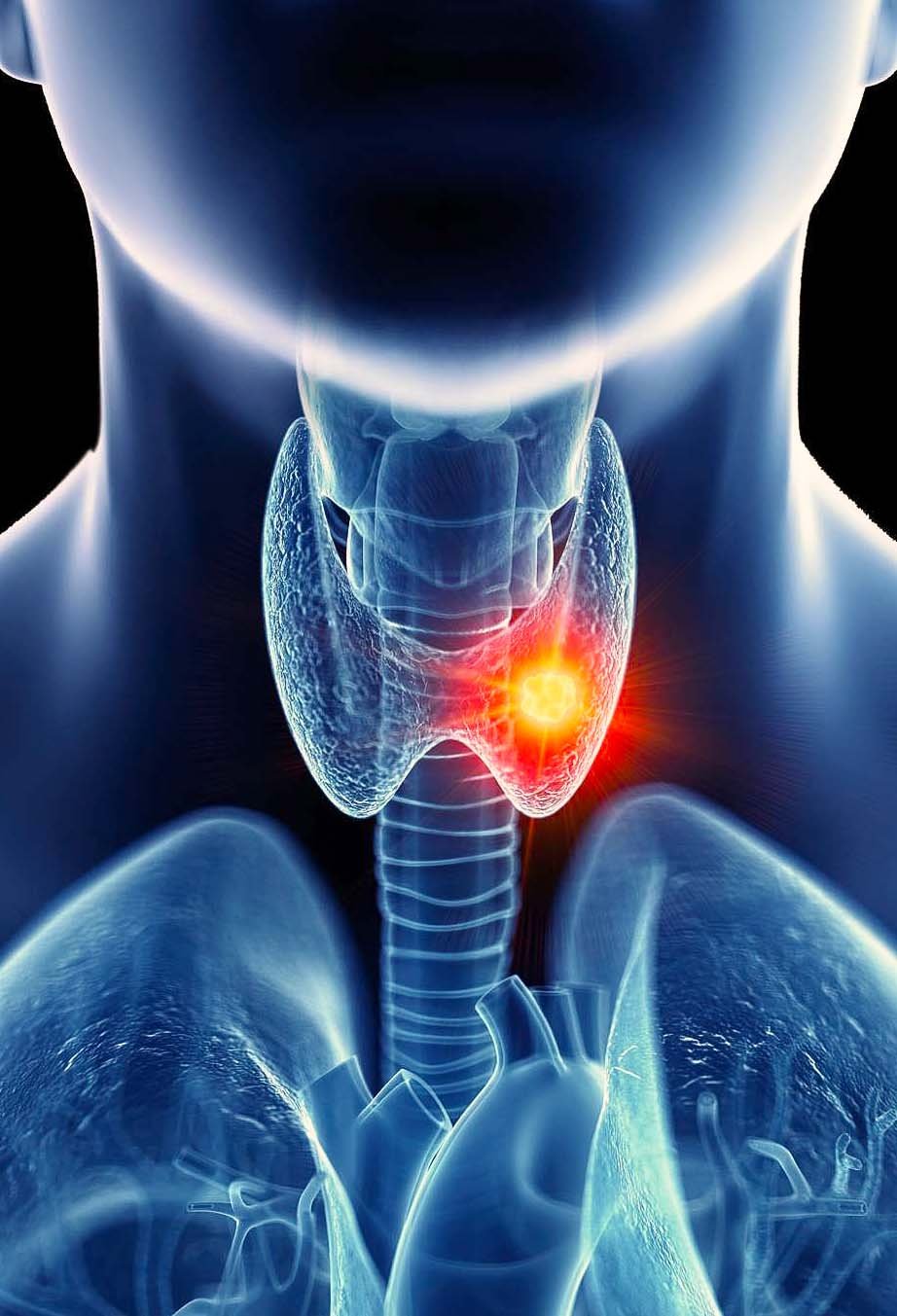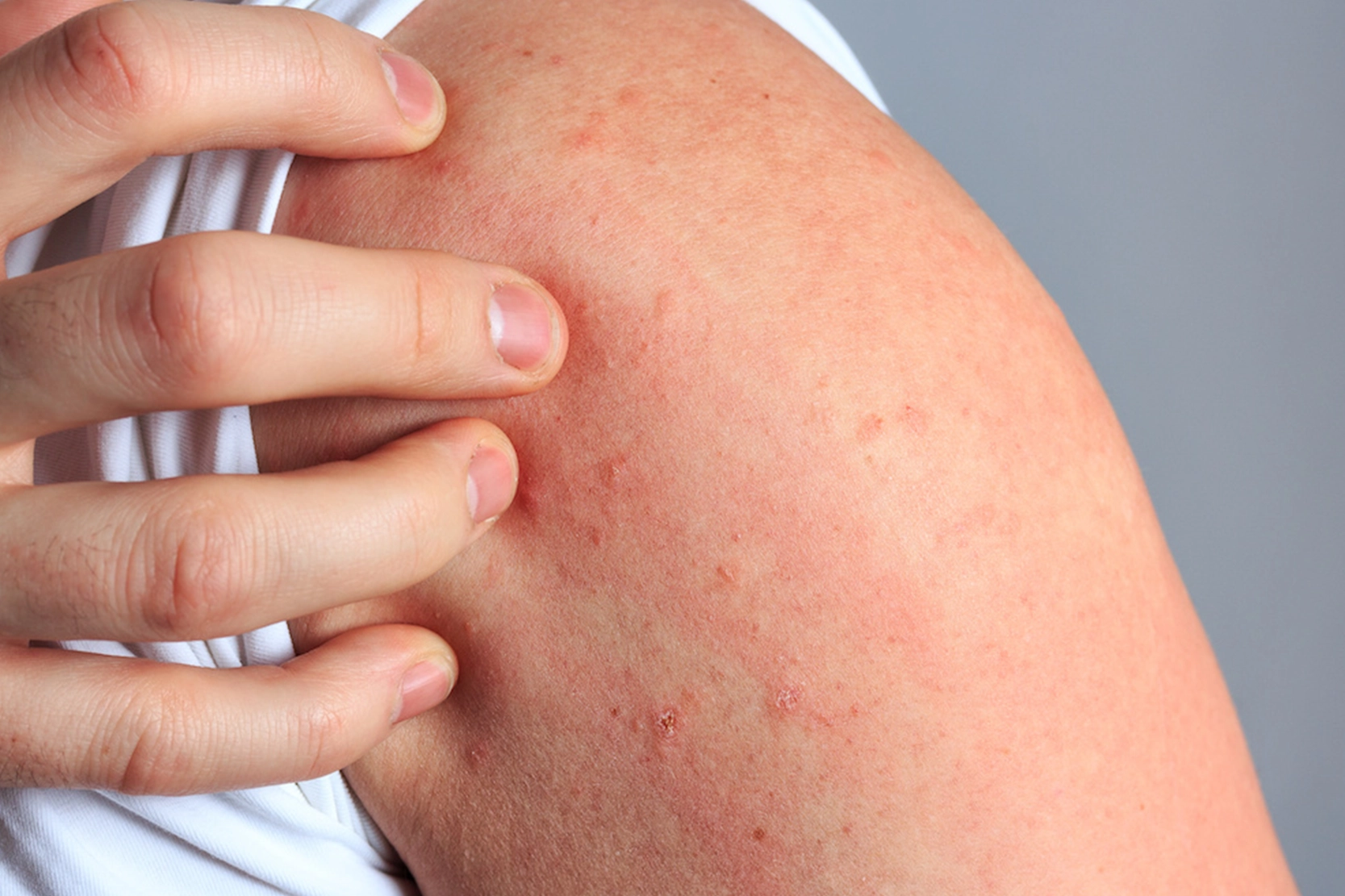HEALTH BLOG
Does Oral Sex Cause Cancer? Separating Fact from Fiction
-
Rahul Priydarss

I
n recent years, the internet has been flooded with claims and rumours about the potential link between Does oral sex Cause Cancer.
Table of Contents
Introduction:
Such discussions can be alarming and lead to anxiety among individuals. It’s crucial to approach this topic with a clear understanding of the scientific evidence available. In this article, we will delve into the question: Does oral sex cause cancer? Let’s separate fact from fiction and explore the realities surrounding this controversial topic.
Understanding the Concerns- Oral Sex Cause Cancer:
The notion that oral sex may be linked to cancer primarily revolves around the transmission of certain sexually transmitted infections (STIs). Human papillomavirus (HPV) is often at the forefront of these discussions. HPV is a group of viruses known to be transmitted through intimate skin-to-skin contact, including oral sex. Some types of HPV are classified as high-risk and have been associated with an increased risk of developing certain cancers, particularly in the genital and oral regions.
What Is HPV:
Human Papillomavirus (HPV) is a group of related viruses that can infect the genital area, as well as the mouth and throat. It is the most common sexually transmitted infection (STI) globally. HPV is a DNA virus that belongs to the papillomavirus family, and there are over 200 different types identified.
The HPV-Cancer Connection:
1. Oropharyngeal Cancer: One of the most discussed associations is between HPV and oropharyngeal cancer, a type of cancer that affects the back of the throat, including the base of the tongue and tonsils. Research has shown a clear link between certain strains of HPV and the development of oropharyngeal cancer. However, it’s essential to note that not everyone who has HPV will develop cancer, and other risk factors also play a role.
2. Cervical Cancer: While HPV is a leading cause of cervical cancer in women, the focus here is on the transmission through genital rather than oral sex. Regular screenings and HPV vaccinations have become crucial tools in preventing cervical cancer.

HPV Transmission: The Role of Oral Sex:
HPV transmission through oral sex is a real concern, but it’s vital to understand that engaging in oral sex doesn’t guarantee the development of cancer. The body’s immune system plays a significant role in clearing the virus, and many people with HPV infections do not experience long-term health issues.
Reducing the Risk
1. Vaccination: One of the most effective ways to reduce the risk of HPV-related cancers, including those associated with oral sex, is through vaccination. HPV vaccines are available and recommended for both males and females. These vaccines target the most common high-risk HPV strains.
2. Safe Practices: Practising safe sex, including the use of barrier methods such as condoms or dental dams, can reduce the risk of HPV transmission during oral sex. However, it’s important to note that these methods may not eliminate the risk.
Myths and Realities:
1. Myth: Oral Sex Always Leads to Cancer: Reality: Engaging in oral sex does not guarantee the development of cancer. Many individuals with HPV infections do not experience cancer, and factors such as genetics and overall health also play a role.
2. Myth: Only Women Are Affected: Reality: Both men and women can be affected by HPV-related cancers. Vaccination is recommended for all genders to protect against the most common high-risk HPV strains.

Frequently Asked Questions (FAQs):
1. Can oral sex lead to cancer in everyone? Engaging in oral sex does not guarantee the development of cancer. Many factors, including the immune system and overall health, influence the outcome.
2. Are there vaccines to prevent HPV-related cancers?
Yes, HPV vaccines are available and recommended for both males and females. They target the most common high-risk HPV strains.
3. Does using protection during oral sex eliminate the risk of cancer?
While using barrier methods such as condoms or dental dams can reduce the risk, they may not eliminate it. Safe sex practices are still important.
4. Is HPV only a concern for women?
No, both men and women can be affected by HPV-related cancers. Vaccination is recommended for all genders.
5. Can you get cancer from oral sex even if you’ve been vaccinated against HPV?
Vaccination significantly reduces the risk of HPV-related cancers, but it may not eliminate it. Regular screenings and safe practices remain important.
-Remember, Always consult with healthcare professionals or Doctors for personalised advice related to medical conditions.
Some Patient Reviews:
Emily J. – Well-Researched and Balanced I appreciate the balanced approach taken in this article. It didn’t shy away from the concerns but presented them alongside practical ways to reduce risk. It’s evident that the writer took the time to research and provide a well-rounded perspective. This kind of information is valuable for everyone.
David H. – Must-Read for Health-Conscious Individuals In a world filled with sensationalism, this article stands out. It’s a must-read for anyone who values accurate information about their health. The FAQs section was particularly helpful, addressing common questions and dispelling misconceptions. A well-researched and reassuring read.
Sophie M. – Empowering and Actionable I appreciate how this article doesn’t just discuss the problem but also provides actionable steps for prevention. It empowers readers to take control of their health without inducing unnecessary fear. The language is clear, making it accessible to a wide audience. Well done!

Conclusion:
While there is a link between HPV, oral sex, and certain cancers, it’s crucial to approach the topic with a nuanced understanding. Vaccination, regular screenings, and safe sexual practices are essential components of preventive healthcare. Rather than succumbing to fear, individuals should focus on making informed choices about their sexual health.
Previous Post





